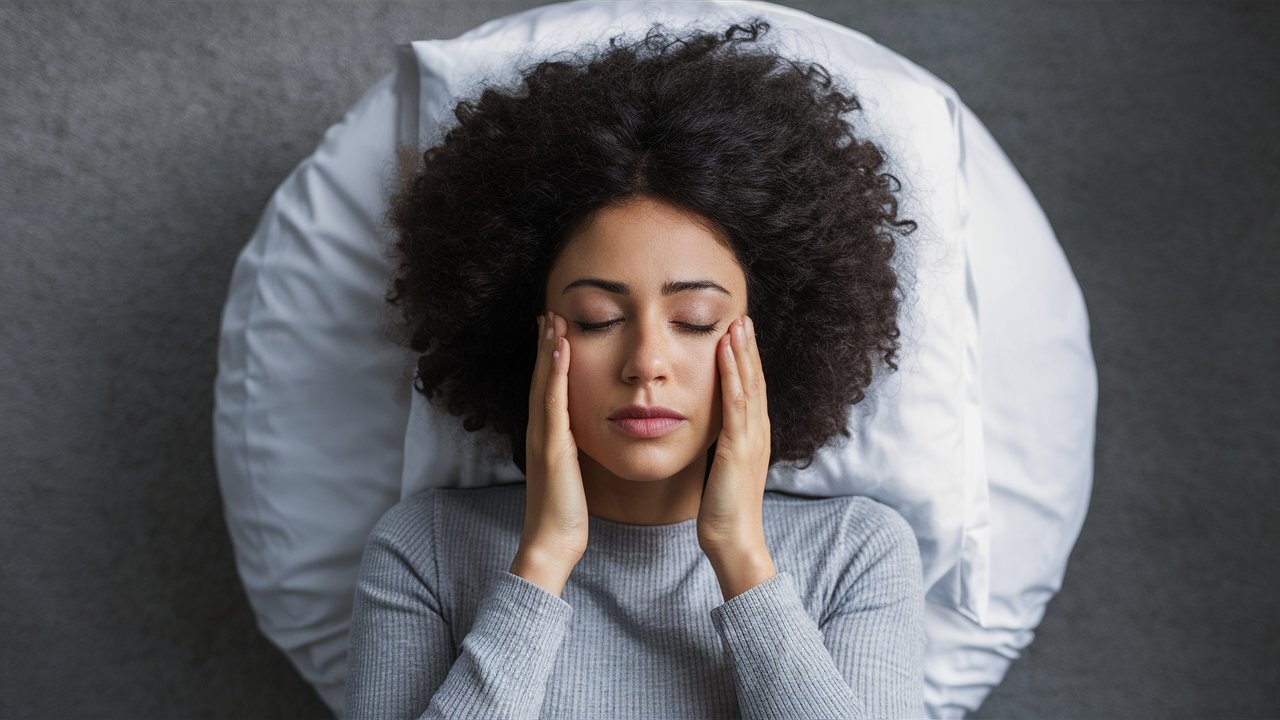These findings highlight the need to use objective sleep assessment methods to develop effective interventions for the early diagnosis and management of sleep disorders. One such tool is electroencephalography (EEG), which can accurately measure various sleep parameters.
For example, insomnia is often diagnosed based solely on the patient’s complaints. However, research shows that people with this disorder may perceive their sleep time to be much less than it actually is. This leads to inappropriate treatment, including attempts to increase sleep in people who are already getting enough sleep.
On the other hand, people who are unaware of their sleep problems may miss the early signs of serious problems such as sleep apnea.
To solve this problem, S’UIMIN Inc., a University of Tsukuba-based startup, has developed portable devices for home use. These devices allow you to conduct clinically accurate EEG in familiar conditions. 421 people who were not receiving treatment for sleep disorders participated in the study. Their sleep was tracked over several consecutive nights using these devices, and subjective ratings of their sleep were also collected through questionnaires.
The results confirmed that subjective feelings often do not coincide with objective data.
Source: Ferra
I am a professional journalist and content creator with extensive experience writing for news websites. I currently work as an author at Gadget Onus, where I specialize in covering hot news topics. My written pieces have been published on some of the biggest media outlets around the world, including The Guardian and BBC News.










